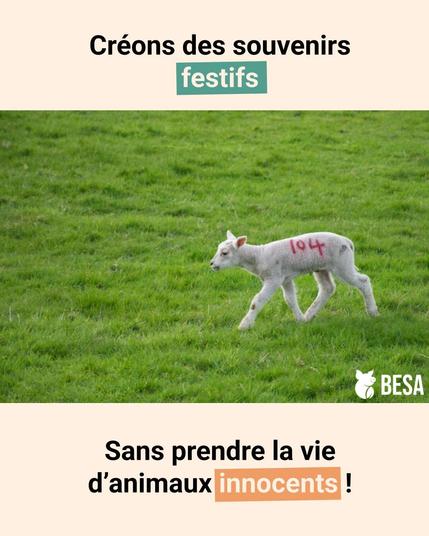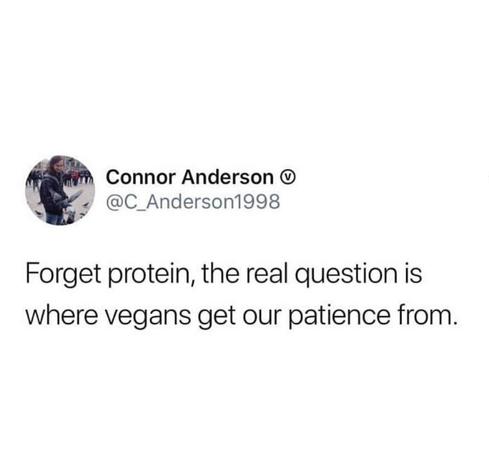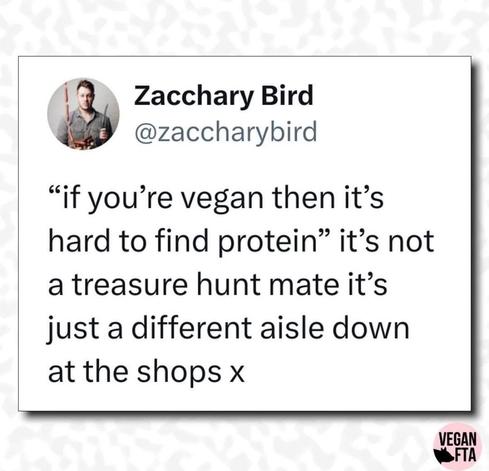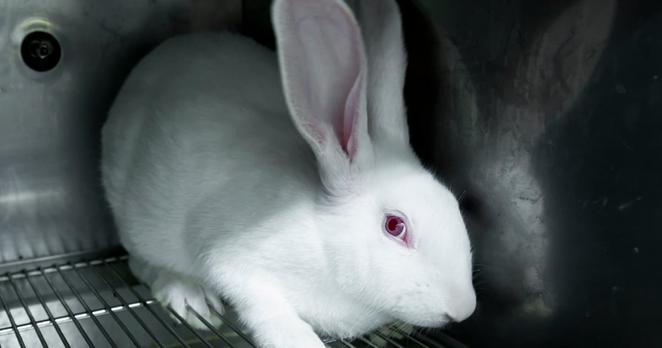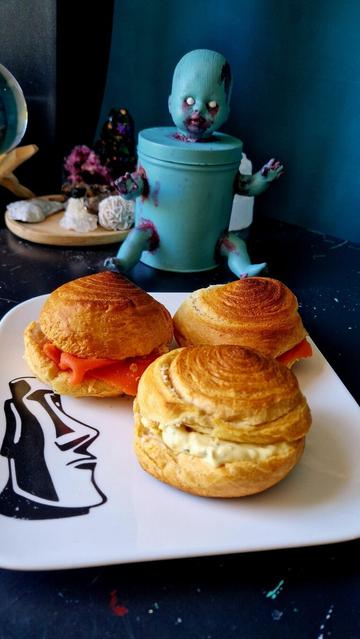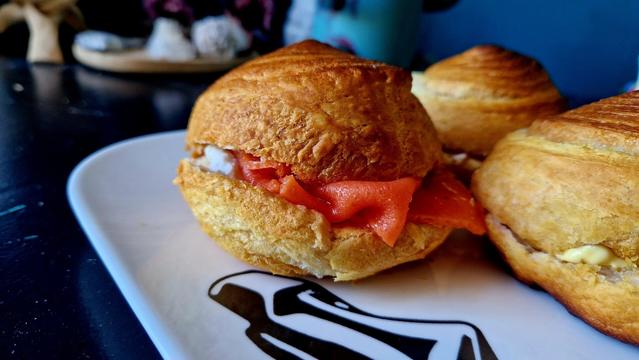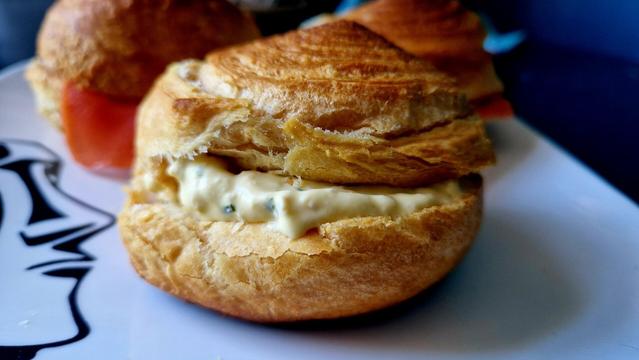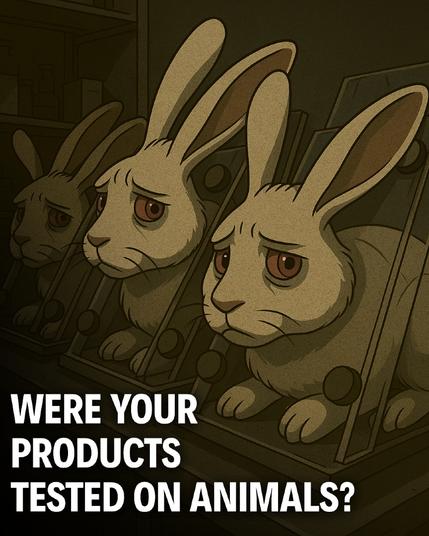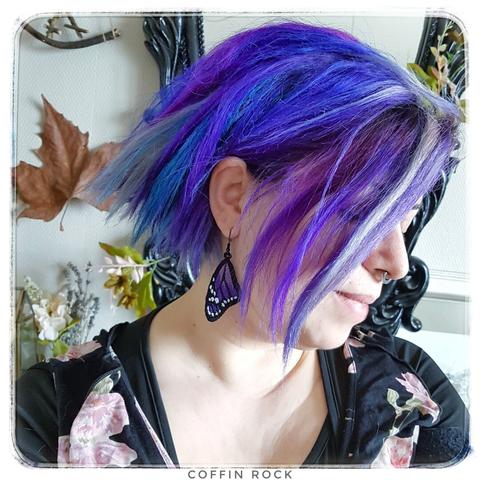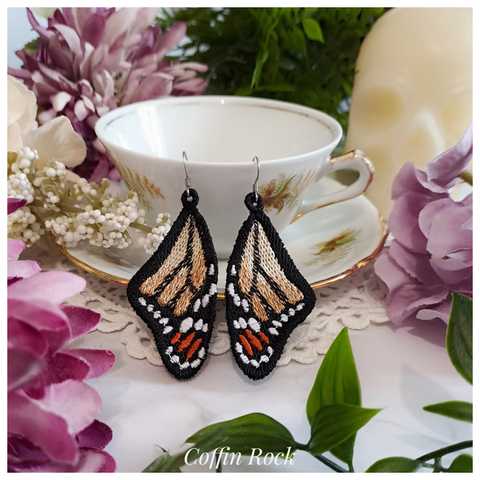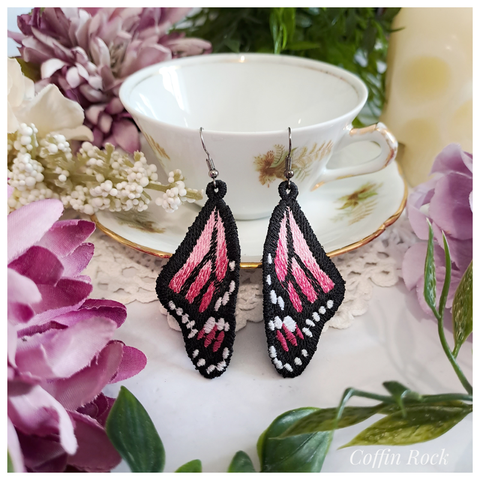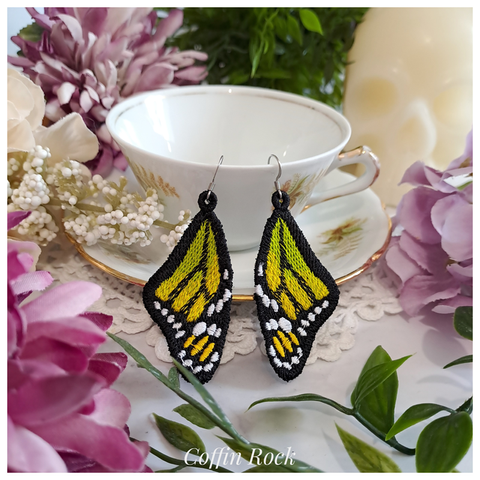🐑Les agneaux :
• Qu’ils soient lourds, légers ou « de lait », ils sont généralement abattus entre 40 jours et 6 mois.
• Avant cela : castration (par anneau, pince ou chirurgie), caudectomie (coupe de la queue), séparation d’avec leur mère.
• À l’abattoir : jeûne, transport, stress intense. En France, on utilise une pince électrifiée pour les étourdir. Cette méthode est souvent inefficace, et l’étourdissement n’est pas toujours vérifié avant la mise à mort.
🐖Les cochons :
• En 2022, 7,7 millions de cochons ont été tués au Québec.
• Certains sont étourdis par CO2 (comme chez Olymel), un procédé extrêmement stressant et douloureux.
• Environ 60 % des truies gestantes étaient encore en cage en 2020. La transition vers des élevages sans cages au Canada a été repoussée.
La tradition ne justifie pas la cruauté.
À Pâques, on peut célébrer autrement : avec des alternatives plus éthiques ! Regardez nos autres posts pour une fête de Pâques tout en douceur 🌷
#besa #quebec #easter #paques #cochon #agneau #pig #lamb #crueltyfree #sanscruaute #alimentationvégétale
